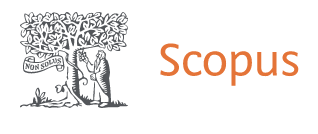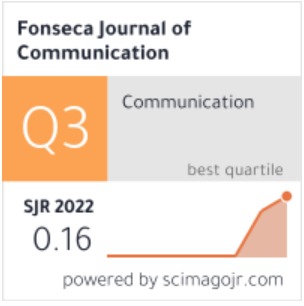THE MANIFESTATIONS OF SYMBOLIC VIOLENCE AGAINST WOMEN ON SOCIAL MEDIA SITES
Khaled Khamis Nser
College of Education, Humanities and Social Sciences, Al Ain University, UAE
Khawlah M. AL-Tkhayneh
College of Education, Humanities and Social Sciences, Al Ain University, UAE
Salem khalil Al-Aqtash
Arabic Language and literature Department, College of Education, Humanities and Social Sciences, Al Ain University, Abu Dhabi, UAE
Hussein Khazer Saleh Almajali
College of Education, Humanities and Social Sciences, Al Ain University, UAE
Abstract
This paper explores the symbolic violence directed at Libyan women through images and posts shared on social media platforms, specifically Instagram. Focusing on a specific visual of a middle-aged woman overly applying makeup, the post mocks her for being immature and irresponsible despite her age, contrasting this with societal expectations of middle-aged women in Libyan culture. Through semiological analysis, the paper argues that such images perpetuate negative stereotypes, associating women with carelessness, failure to uphold social prestige, and disobedience to cultural norms. The post, with its accompanying textual elements in the Libyan dialect, uses symbolic violence to degrade women who deviate from traditional roles, portraying them as irresponsible or rebellious. Further, the paper identifies recurring themes of symbolic violence in social media content, such as comparing women to wild animals or ridiculing their dress choices, reinforcing an inferior image of women in Libyan society. These posts reflect societal attitudes that blame women for family failures and exploit traditions to justify such symbolic violence. The paper concludes that this imagery not only devalues women, but also perpetuates harmful cultural narratives, contributing to their marginalization within Libyan society. To combat symbolic violence against Libyan women on social media, efforts should focus on public awareness campaigns, media literacy, stricter platform regulations, support systems, positive representation, and culturally-informed research. These measures aim to challenge stereotypes, prevent harmful content, and support affected women.















